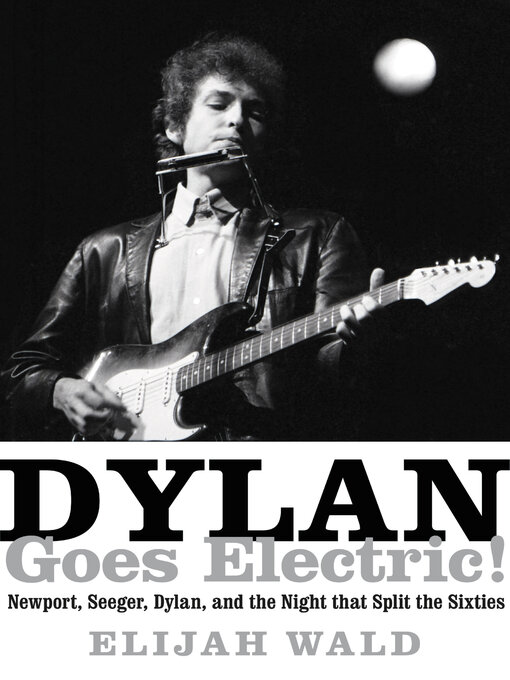THE INSPIRATION FOR THE MAJOR MOTION PICTURE A COMPLETE UNKNOWN. One of the music world's pre-eminent critics takes a fresh and much-needed look at the day Dylan "went electric" at the Newport Folk Festival.
On the evening of July 25, 1965, Bob Dylan took the stage at Newport Folk Festival, backed by an electric band, and roared into his new rock hit, Like a Rolling Stone. The audience of committed folk purists and political activists who had hailed him as their acoustic prophet reacted with a mix of shock, booing, and scattered cheers. It was the shot heard round the world—Dylan's declaration of musical independence, the end of the folk revival, and the birth of rock as the voice of a generation—and one of the defining moments in twentieth-century music.
In Dylan Goes Electric! EPB, acclaimed music critic Elijah Wald explores the cultural, political, and historical context of this seminal event in music history that embodies the transformative decade that was the sixties. Wald delves deep into the American folk revival, the rise of rock, and the tensions between traditional and groundbreaking music to provide new insights into Dylan's artistic evolution, his special affinity to blues, his complex relationship to the folk establishment and his sometime mentor, the iconic Pete Seeger, and the ways he reshaped popular music forever. Breaking new ground on a story we think we know, Dylan Goes Electric! EPB is a thoughtful, sharp appraisal of the controversial event at Newport and a nuanced, provocative analysis of why it matters to fans of music biography, the 1960s, and rock and roll history.
"In this tour de force, Elijah Wald complicates the stick-figure myth of generational succession at Newport by doing justice to what he rightly calls Bob Dylan's 'declaration of independence' . . . This is one of the very best accounts I've read of musicians fighting for their honor." — Todd Gitlin, author of The Sixties and Occupy Nation
This definitive account of a turning point in American music explores:

